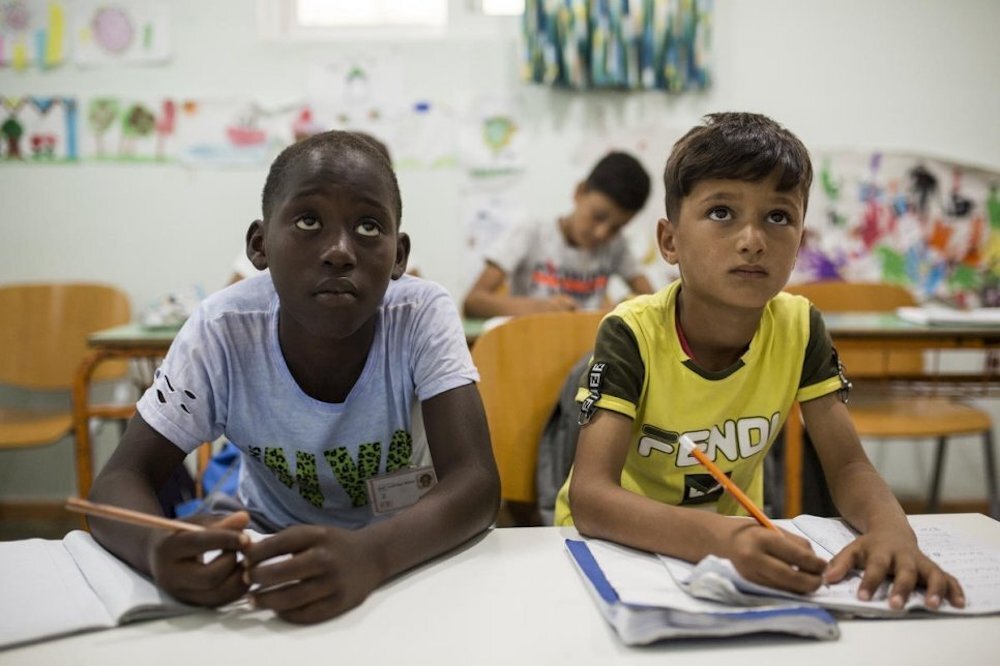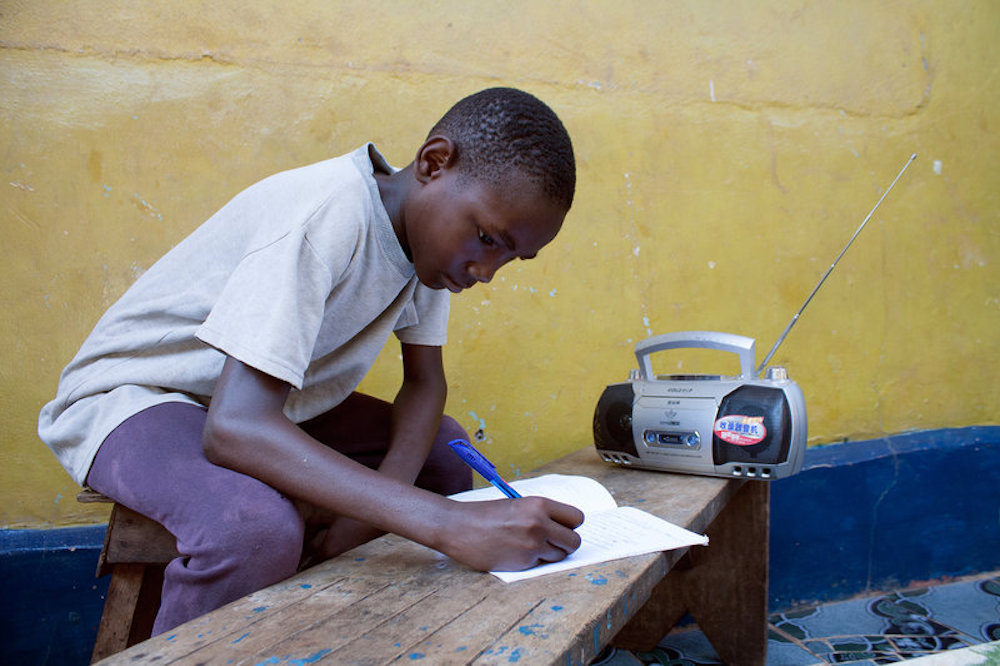
180,000 children in Mali face losing their school meals and education
Health and nutrition
Mali: @WFP school meals at risk for 180K children unless $3m funding found urgently https://t.co/OaS1JIyrQI pic.twitter.com/JUKHI1SnhQ
— United Nations (@UN) September 27, 2016
Taking away school meals from 180,000 pupils going back to class in Mali, where insecurity has closed schools in the north, may deprive even more children of an education, the United Nations World Food Programme (WFP) said yesterday.
Halting a school meals programme due to a lack of funding will leave these children, in around 1000 schools across Mali, without a guaranteed healthy meal each day, the WFP said.
The UN agency said without these meals, many children may not go to school in the West African country, which faces a growing threat from Islamist groups in its desert north and has been rocked by a series of violent raids this year.
“School meals are often the only nutritious meal a child receives a day, relieving families from further financial stress and motivating parents to send their children to school,” Silvia Caruso, WFP’s country director for Mali, said in a statement.
“Teachers tell us that if the meals are no longer provided, there is a significant risk that parents will no longer send their children to school,” said Caruso, adding that children find it tough to walk to or stay in school on an empty stomach.
A Malian girl in a classroom at Thionville Chateau school in Gao
Violence in northern Mali, which has forced teachers to flee and schools to remain closed, left nearly 400,000 children out of education months into the academic year in 2015, according to the UN children’s agency UNICEF.
More than a third of primary school-aged children in Mali are missing out on an education, more than four years after conflict involving rival armed groups and Islamist militants erupted, UNICEF said earlier this month.
Armed groups have proliferated since Islamist groups took advantage of an ethnic Tuareg uprising in 2012 to seize the north of the country. A French-led intervention drove them back in 2013 but instability has continued and undermines a fragile UN-backed peace process.
Despite the insecurity and challenges of being able to reach people in need, the WFP said it had managed to provide school meals to an average of 170,000 children a year since 2012.
“Going to school helps (the children of Mali) regain their childhood, and school meals play an important role in keeping them in school,” Caruso said, adding that the WFP urgently needed $3 million to resume its school meals programme in Mali.
Dwindling funds and shifting donor priorities mean that more than 1.3 million children across West and Central Africa risk missing out on school meals from the WFP by the end of 2016, the UN agency said last month.
More news

